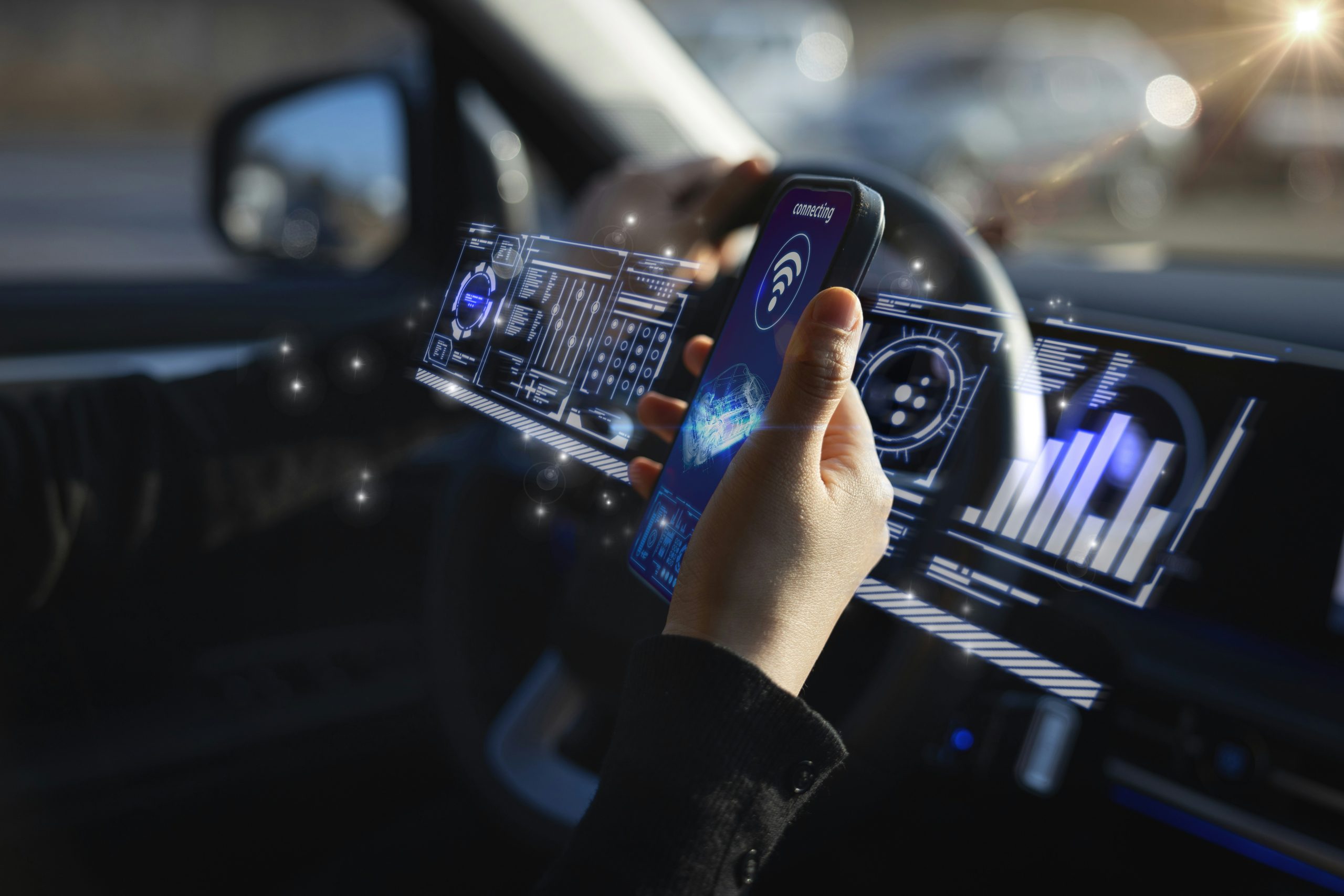
The automotive industry is evolving at a breakneck pace, introducing groundbreaking trends and technologies that promise to reshape the future of driving. Electric vehicles (EVs) are becoming more mainstream, offering sustainable and economical options for consumers. Major car manufacturers are investing heavily in EV technology, expanding their electric fleet to meet growing consumer demands.
Autonomous driving technology is another key focus, with advancements in AI making self-driving cars a reality. This innovation is set to revolutionize not just how we drive, but how we think about transportation altogether. Major tech companies and automakers are racing to perfect their systems, promising safer and more efficient roadways.
Connected car technology is also making significant strides. Vehicles are increasingly equipped with internet connectivity, allowing for enhanced navigation, real-time updates, and improved safety features. These advancements make for a more seamless and enjoyable driving experience, and they highlight the exciting future that lies ahead for the automotive industry.
Evolution of the Automotive Industry
The automotive industry has come a long way since the early days of internal combustion engines. Significant advancements in technology and innovation have transformed the way vehicles are designed, manufactured, and operated. The introduction of electric vehicles (EVs) has particularly reshaped the landscape, pushing automakers to rethink their strategies and designs.
Electric vehicles have gained significant market share, driven by stringent government regulations and growing environmental concerns. These regulations have spurred innovation, leading to the development of more efficient batteries and charging infrastructure. The rise of AI in automotive manufacturing and vehicle operation has further revolutionized the industry.
AI and machine learning algorithms now play a crucial role in vehicle safety features, autonomous driving technologies, and predictive maintenance. This shift not only enhances the driving experience but also increases the safety and efficiency of road transport.
Governments worldwide are providing incentives and subsidies to promote the adoption of cleaner, more efficient vehicles. These initiatives are accelerating the transition from traditional gas-powered vehicles to electric and hybrid models.
Automakers are increasingly investing in developing next-generation vehicles that incorporate connectivity features, advanced driver-assistance systems (ADAS), and smart technologies. The integration of the Internet of Things (IoT) in vehicles allows for real-time data collection and analysis, improving overall vehicle performance and user experience.
In conclusion, the automotive industry continues to evolve rapidly, driven by technological advancements, regulatory changes, and shifting consumer preferences. Traditional automakers must adapt to these changes to remain competitive in an ever-changing market.
Impact of Electric Vehicles on Market Dynamics
The shift towards electric vehicles (EVs) is reshaping market dynamics significantly. Key factors include rising EV sales driven by tax incentives, breakthroughs in battery technology, and overcoming challenges in EV production.
The Rise of EV Sales and Tax Incentives
EV sales have surged, thanks in part to substantial tax incentives provided by governments worldwide. These incentives aim to make electric cars more affordable, thus boosting adoption rates. OEMs have responded by ramping up EV production, aiming to capitalize on growing consumer demand.
Countries such as the U.S., Germany, and China offer tax credits and rebates to EV buyers. These measures lower the initial cost, making EVs attractive compared to gasoline-powered vehicles. This policy-driven growth in EV sales also aligns with global sustainability goals, aiming to reduce carbon emissions.
Advancements in Battery Technology
Battery technology remains crucial for the future of electric vehicles. Lithium-ion batteries are currently the most widely used due to their efficiency and energy density. Recent advancements focus on increasing energy storage, reducing charging times, and lowering production costs.
Research into alternative materials and technologies, such as solid-state batteries, seeks to overcome current limitations. These innovations could lead to longer-lasting batteries with faster charging capabilities. Enhanced battery performance will not only improve the driving range of EVs but also make them more competitive with traditional vehicles.